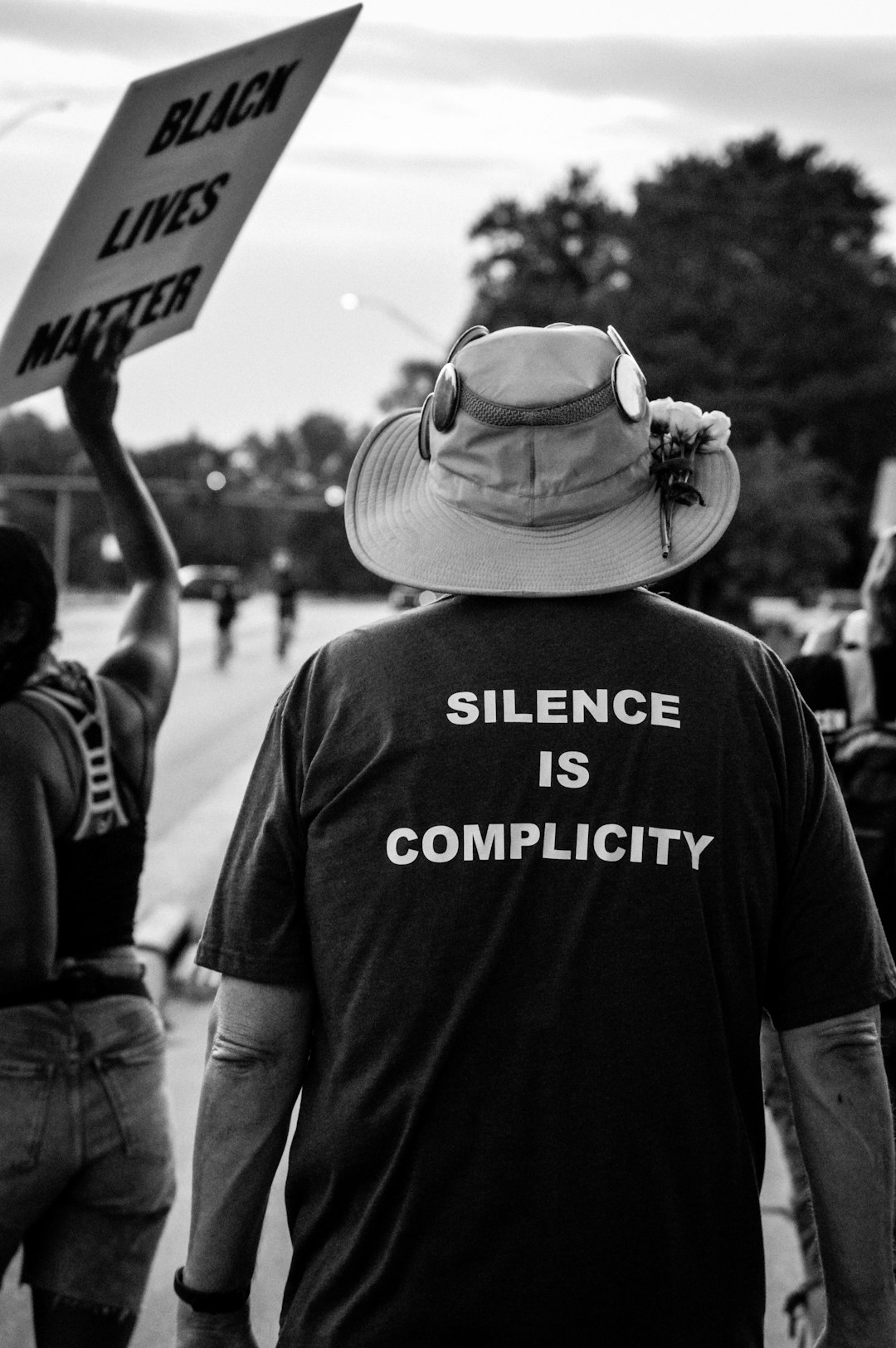Political spam texts disguised as legitimate messages are regulated in Nebraska by state and federal laws like the TCPA and Nebraska's telemarketing laws, with specific provisions in the Nebraska Revised Statutes. Spam call lawyers in Nebraska help navigate these complexities, ensuring compliance and protecting consumers from unwanted political messaging. They advocate for responsible political messaging that respects citizens' privacy and right to peace, promoting a balance between free speech and citizen comfort.
In the digital age, political campaigns have embraced text messaging as a powerful tool. However, the rise of political spam texts has raised concerns among citizens and sparked debates about their legality. This article explores the intricate world of political spam messages in Nebraska, delving into the legal framework governing these communications and the ethical considerations surrounding them. With an increasing number of Spam call lawyers Nebraska, understanding these laws is crucial for both politicians and residents to ensure compliance and protect citizen rights.
Understanding Political Spam Texts: A Comprehensive Overview

Political spam texts, often disguised as legitimate messages, have become a growing concern in the digital age. These unsolicited communications, typically sent via SMS or email, promote political candidates or causes and can be particularly pervasive during election seasons. In Nebraska, as in many other states, the legality of such messages is a complex issue, regulated by state and federal laws.
Understanding political spam texts requires a grasp of these legal frameworks. The Telephone Consumer Protection Act (TCPA) prohibits certain types of automated or prerecorded calls to mobile phones without prior explicit consent. Similarly, Nebraska’s telemarketing laws restrict the use of automated dialing systems for political purposes, mandating opt-in consent from recipients. However, exceptions exist for messages sent by political candidates themselves, their authorized committees, or organizations with established business relationships with the recipient. Spam call lawyers in Nebraska play a crucial role in navigating these complexities, ensuring compliance and safeguarding consumers’ rights against unwanted political messaging.
Legal Framework in Nebraska: Relevant Laws and Regulations

In Nebraska, the legal framework regarding political spam texts is governed by state laws and regulations aimed at protecting citizens from unwanted and deceptive communication. The Nebraska Revised Statutes specifically address telephone solicitation and marketing practices, including restrictions on automated calls and text messages. According to these laws, businesses and political entities must obtain explicit consent before initiating mass spam calls or texts, ensuring compliance with the state’s anti-spam measures.
Additionally, the Nebraska Department of Banking and Finance oversees consumer protection regulations, which further restrict the use of automated dialing systems for political campaigns. Spam call lawyers in Nebraska play a crucial role in helping citizens understand their rights and navigating the legal complexities surrounding political text messages. They guide both businesses and individuals on how to stay within the law’s boundaries, ensuring that political messaging respects privacy and consumer rights.
Navigating the Ethics: Protecting Citizens from Political Spam Calls

In today’s digital age, political campaigns often employ various strategies to reach voters, including text messages and phone calls. However, the rise of automated and unsolicited spam calls has become a growing concern for many citizens, especially in Nebraska. Navigating the ethical boundaries of these practices is essential to protect residents from unwanted intrusions into their personal space.
Spam call lawyers in Nebraska argue that while political messaging is crucial, it must be conducted responsibly. Automated phone systems that bombard individuals with political messages without explicit consent can violate privacy laws and cause significant distress. Many states have implemented regulations to combat this issue, recognizing the need to balance free speech rights with citizens’ right to peace and quiet. These laws often require campaign organizers to obtain prior permission before sending out mass text or call campaigns, ensuring that recipients are not disturbed unnecessarily.






